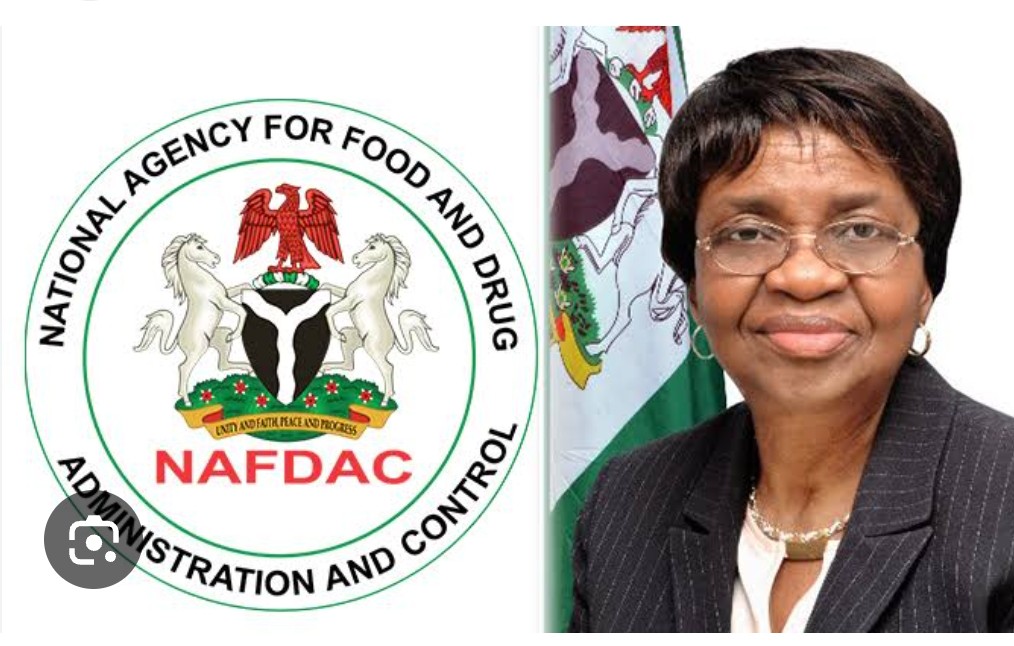In a bold move to address the escalating issue of drug abuse among Nigeria’s youth, particularly in secondary schools, the National Agency for Food and Drug Administration and Control (NAFDAC) has officially launched the “Catch Them Young” programme.
The unveiling ceremony took place on Friday at Government Secondary School, Tudun Wada, Wuse Zone 4, Abuja, with NAFDAC Director General, Prof. Mojisola Adeyeye, leading the charge on this vital initiative.
During her keynote address, Adeyeye underscored the critical need for the programme, stating, “The ‘NAFDAC-Catch them Young’ programme focuses on drug abuse education and awareness, especially targeting the youth, who are the most affected by this crisis.”
She presented alarming statistics, revealing that “14.4 per cent or 14.3 million Nigerians are victims of drug abuse,” highlighting the urgency for intervention.
The initiative is a part of NAFDAC’s broader mandate to collaborate with stakeholders on strategies aimed at reducing drug demand. Adeyeye noted the concerning reality that “one in four high-risk drug users in Nigeria has been arrested for drug-related offences,” detailing that these offences range from possession (73 per cent) to theft (12 per cent), sex work (5 per cent), burglary (4 per cent), and shoplifting (2 per cent).
“These statistics only reflect arrests, but many crimes go unreported, meaning the problem is likely worse than these figures suggest,” she cautioned.
The Catch Them Young Programme is designed to educate students about both legal and illegal drugs, with a strong emphasis on preventing addiction. “Drug addiction can arise from both legal, prescribed medicines and illicit drugs,” Adeyeye pointed out. She clarified that the programme’s intent is “not to scare anyone, but to have honest conversations” with students to empower them to make informed decisions about drugs and alcohol.
Addressing the broader societal impacts of drug abuse, Adeyeye stated, “Two-thirds of people who abuse drugs report serious problems, such as missing school or work, poor performance, and even neglect of their families.” She warned students about the dangers of commonly abused substances, including alcohol, tramadol, and prescription drugs, which are easily accessible without proper prescriptions.
“Many teens may order substances online that promise benefits like improved sports performance or weight loss, but these are dangerous and often lead to more severe drug use,” she explained.
The potential risks of experimenting with hard drugs like cocaine or methamphetamine were also highlighted, with Adeyeye stressing that such choices could have dire consequences for health and future prospects.
“Substance use can result in bad grades due to low attendance,” she pointed out, emphasizing that “Drug addiction leads to serious impairments, illnesses, and even death. It damages vital organs such as the heart, lungs, liver, and kidneys, and impairs memory, learning, and concentration.”
To combat this crisis, Adeyeye urged students to resist peer pressure, seek professional help if needed, and focus on their education. A significant aspect of the programme involves the role of teachers, who are crucial in identifying behavioral changes and collaborating with parents.
“Our teachers spend a considerable amount of time with students, and they have a critical role to play in identifying behavioral changes and working with parents to address them,” she said, encouraging educators to provide “non-judgmental support and seek help when needed.”
